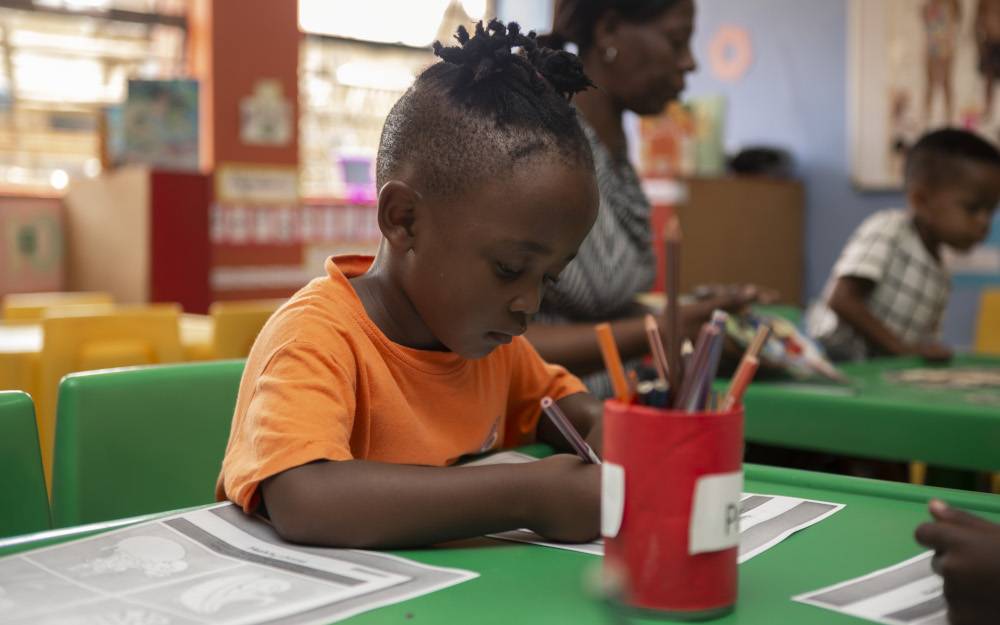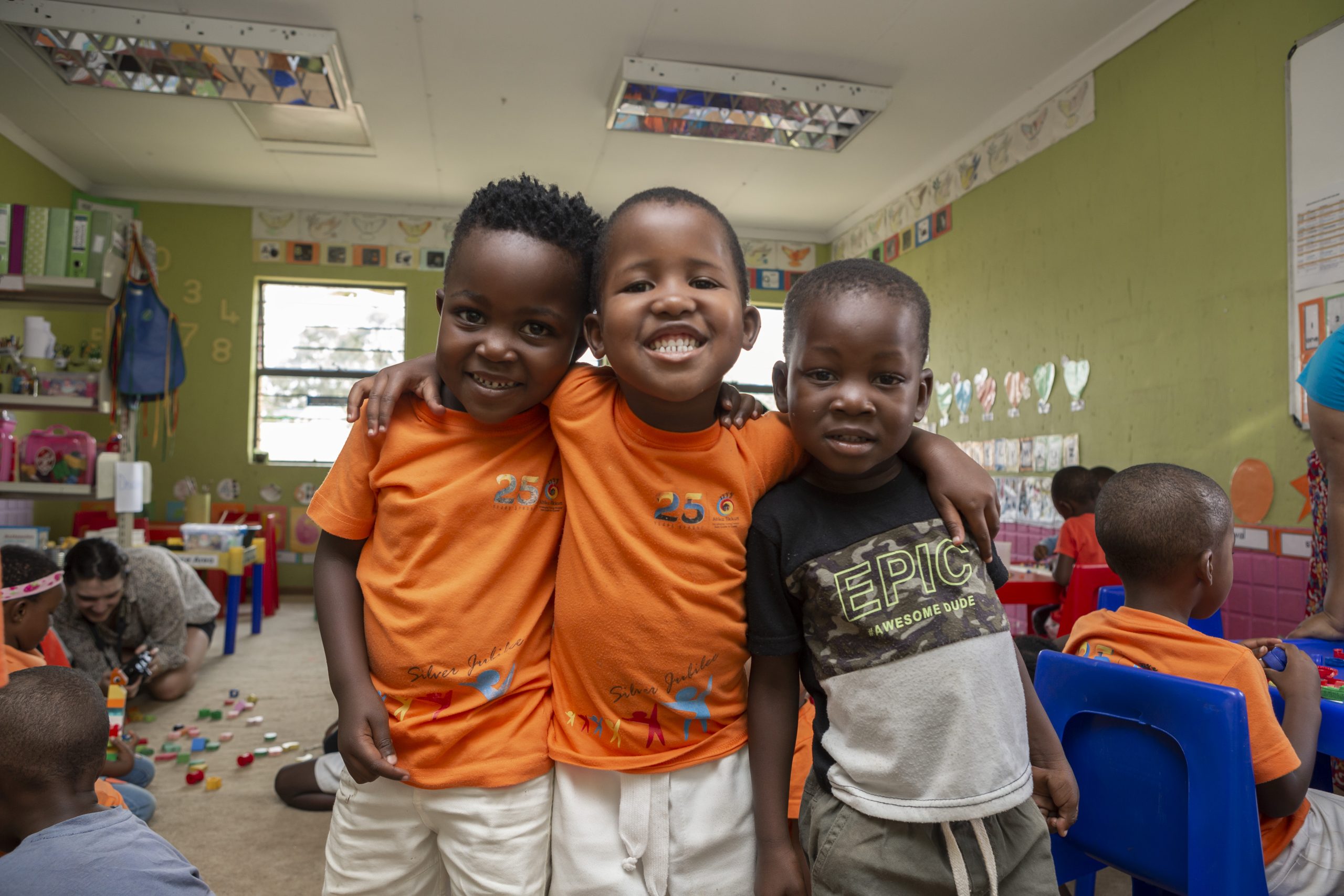The issue of youth unemployment
The issue of youth unemployment
The issue of youth unemployment and economic empowerment
Throughout the world it has been revealed that young people are capable of contributing to the economy by working, starting businesses and leading organisations, yet far too many do not have access to the opportunities they need to reach their full potential. In our country this is demonstrated by the number of young people “Not in Education, Employment, or Training” (NEET).
The International Labour Organisation’s (ILO) Global Employment Trends for Youth 2015 report[1] says “73,3 million of the 200 million globally unemployed are young people (aged 15 – 24). Compared to 2012, the youth unemployment rate has decreased by half a percentage point or less in… Sub-Saharan Africa”. The latest Quarterly Labour Force Survey by StatsSA[2] confirms this. South Africa’s unemployment rate decreased by 0,4 of a percentage point between Q4: 2018 and Q4: 2017. They also report that “the unemployment rate for those aged 25 – 34 is double that of the 45 – 54-year-old age group. Approximately 3,2 million (31,1%) out of 10,3 million young people aged 15 – 24 years were NEET’s. The overall NEET rate increased by 1,4 percentage points in Q4: 2018 compared to Q4: 2017”.

In addition, the World Bank Report’s ‘Overcoming Poverty and Inequality in South Africa’ assessment of March 2018[1] states that “despite progress in reducing poverty since 1994, poverty rates remain high for an upper middle-income country… By any measure, South Africa is one of the most unequal countries in the world… Good jobs are the key to future reductions in poverty and inequality”. This was further illustrated by the recent publication by Time Magazine.
According to The Heritage Foundation’s ‘2019 Index of Economic Freedom’[2], South Africa’s “economy is the 102nd freest out of 186 countries. South Africa was able to retain its investment-grade credit rating because of significant policy improvements after President Cyril Ramaphosa took office in February 2018”.
Since his appointment, President Ramaphosa has pledged to reignite growth, rebuild investor confidence and tackle unemployment. He committed to creating at least one million jobs within five years and scaling up the youth-employment program to provide one million paid internships to unemployed people within three years. He also committed to improving the quality of schooling, especially in townships and rural areas, as well as take steps to provide free tertiary education to the poor.
The question is
Is it all up to government to fix this issue, particularly when it has become a crisis that none of us can ignore?
The answer is, no. We believe that it is up to all of us to stand together, and combined, we can achieve a lot more in a shorter space of time – thereby supporting youth to prosper. The realisation of a shared economy has been critical for some time, and yet we are still battling along. It is time for real improvements, fast.
The solution is
Education and work readiness training
Skills like analytical, critical thinking, and emotional quotient (EQ) are future-proof. Even an entry-level employee needs critical thinking, teamwork, conflict management and problem-solving skills. Raising the bar through strengthening the nature and quality of our education system is certainly one of the most voiced ways of solving this problem.
Subsidies, bursaries and internships
Although this is fairly developed in our country, a lot more can be done to provide access for youth to vital tertiary education and work experience opportunities. If all small, medium to large enterprises in our country committed to take one or more young people into their business to gain work experience or support one young person through tertiary education, we would see a significant decrease in the percentage of NEET’s in the country. This will in turn lead to less of the population living below the poverty line. Since 2017, Afrika Tikkun has been engaging Small and medium enterprises (SME’s) on this model and we know it can work.
Financial literacy training and access to financial support
Once employed it’s critical that young people know how to take care of and grow their hard-earned wealth. Furthermore, for entrepreneurs or those starting small concerns, access to financial support is key. There are many programs available that not many youth are aware of. They need to be educated on the options available to them.
The economic empowerment of women
The full inclusion and empowerment of women in South Africa is a prerequisite for breaking the history of our patriarchal society and reducing poverty in the country. According to a recent publication by UN Women[1]: “Women’s economic empowerment includes women’s ability to participate equally in existing markets; their access to and control over productive resources, access to decent work, control over their own time, lives and bodies; and increased voice, agency and meaningful participation in economic decision-making at all levels from the household to international institutions”. When more women work, economies grow. Women’s economic empowerment boosts productivity, increases economic diversification and income equality in addition to other positive development outcomes.
Supporting the disabled
There are over 600,000 children with disabilities in South Africa who have never been to school, and they are one of the most vulnerable and marginalised group of people in our society. That is an incredible number of potentially productive citizens who do not have access to education; who rely on an already strained system for support. Yet there are policies encouraging and rewarding creation of employment for people with disability. Due to the relatively low numbers of children emerging
[1] http://www.unwomen.org/en/what-we-do/economic-empowerment/facts-and-figures








